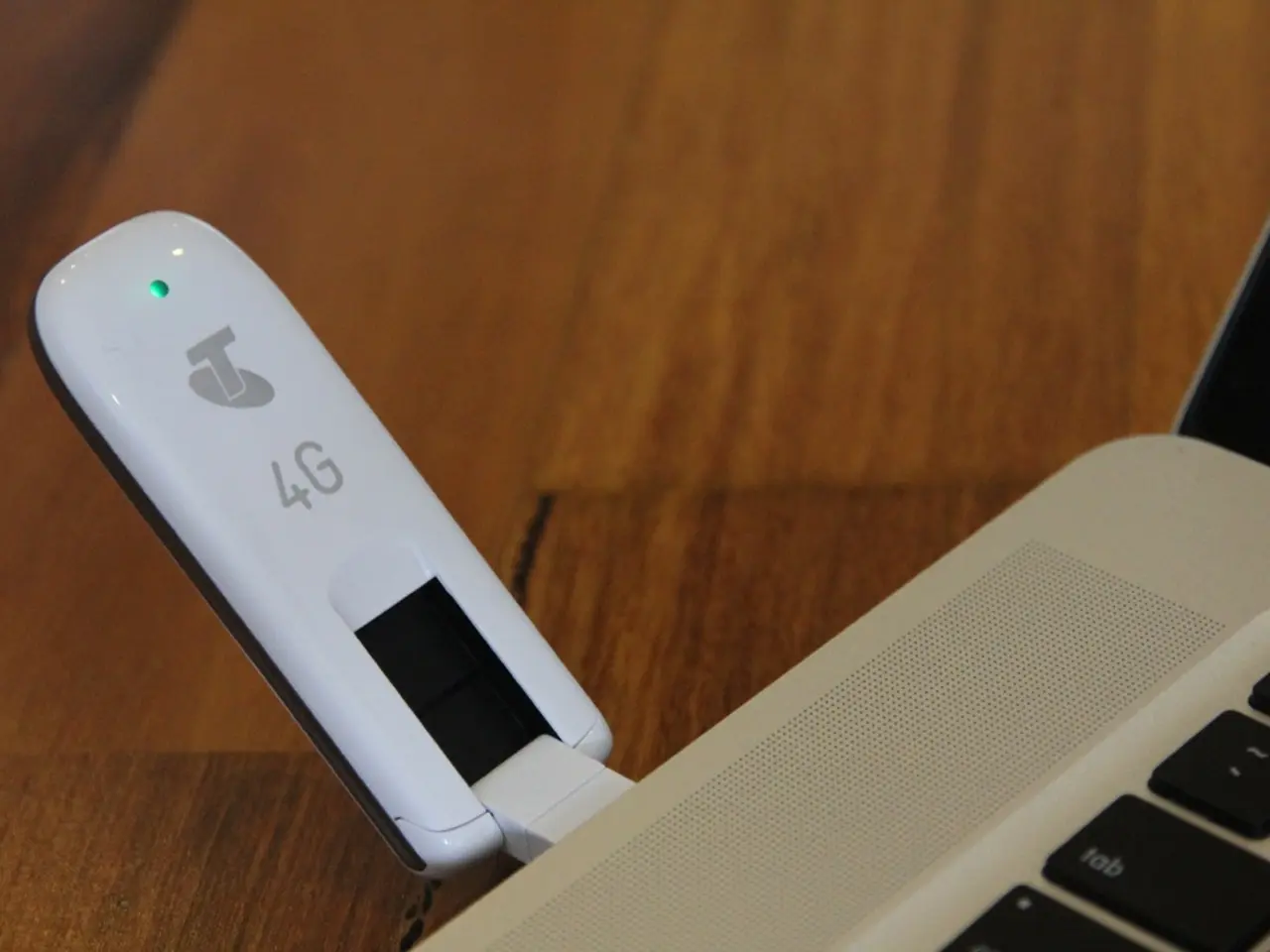Controversy Surrounds USB-C Connector's Impact on Technological Development
The European Union has passed a landmark legislation, set to take effect on December 28, 2024, that mandates the use of USB-C charging ports for all new small electronic devices entering the European market. This move aims to reduce electronic waste by allowing the use of the same cable and charger for all devices, from mobile phones to tablets, cameras, headphones, gaming consoles, speakers, e-readers, keyboards, mice, and portable navigation systems.
Despite some initial concerns, the USB-C standard does not prevent manufacturers from adding their own standards if they also support Power Delivery. This means that innovation is not being suppressed but is being channeled into sustainable design and wireless technologies. For instance, Apple, a tech giant that initially criticised the legislation, has complied with the EU’s USB-C mandate for its iPhone 15 and 16 models. However, the company is now exploring entirely portless designs with enhanced wireless charging (MagSafe compatible with Qi2) to potentially circumvent the requirement by offering a full wireless charging solution that meets or exceeds the performance of USB-C.
The EU regulation's intent is to promote sustainability and recyclability by standardizing charging ports. To further this goal, the EU is enforcing other innovative sustainability requirements, such as mandatory easily replaceable batteries by 2027 and recycled material quotas in batteries, pushing manufacturers to rethink design and materials in more eco-friendly ways.
While the USB-C connector has a limit of 240 watts, this does not restrict future devices if they are designed to operate within that limit. The legislation also allows for exceptions if wireless solutions match wired functionality, providing an incentive for continued innovation in wireless charging rather than hindering it.
It's important to note that the legislation does not apply globally, only affecting Europe. Moreover, laptops are not included in the legislation until April 28, 2026. The imposition of USB-C does not automatically guarantee optimal performance in charging or data transfer, as the cable's compatibility with various protocols and power levels can still affect performance. Additionally, the legislation does not ensure cable compatibility across various standards and protocols like Thunderbolt or different power levels and versions.
In summary, rather than hindering innovation, the European USB-C mandate is shaping the next phase of innovation by encouraging wireless charging advancements and sustainable design, representing a regulatory push that shifts industry focus rather than stifling creativity. By promoting standardisation and sustainability, the EU is driving manufacturers towards more eco-friendly practices, while also fostering innovation in wireless charging technologies.
The legislation encourages innovation in wireless charging technologies by allowing exceptions for wireless solutions that match wired functionality.Apple, initiallycriticizing the EU's USB-C mandate, is now exploring portless designs with enhanced wireless charging solutions to potentially circumvent the requirement.




